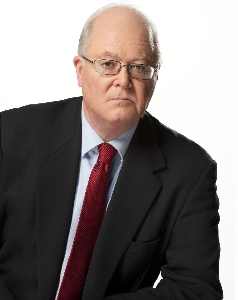
Since the 1990s, a public swimming pool in an Hasidic community in Brooklyn has set aside a number of hours per week to allow women-only sessions. Recently, after one person complained, New York's Commission on Human Rights told the Parks Department that the policy was illegal. The policy was quickly reinstated after Assemblyman Dov Hikind protested; he was responding to complaints from Orthodox Jewish women. Now the policy is being reconsidered again.
The Catholic League stands with Assemblyman Hikind.
Last year, in a Supreme Court religious accommodation case pitting the EEOC against Abercrombie & Fitch, Justice Antonin Scalia, writing for the Court, noted that Title VII of the 1964 Civil Rights Act "does not demand mere neutrality with regard to religious practices...it gives them favored treatment." He added, "Title VII requires otherwise-neutral policies to give way to the need for an accommodation."
The word "accommodate" means "to provide room for (someone)." That's what the women-only policy does—it provides room for the religious preferences of these Jewish women; setting aside single-sex pool hours allows them to abide by their modesty strictures. Furthermore, the EEOC says that laws should bend to afford religious accommodation unless they create "undue hardship." There obviously isn't any undue hardship—it took a quarter century for one anonymous person to complain.
One critic is quoted as saying that the Hasidic community has "a standard of modesty and decorum the rest of the culture doesn't share," and he doesn't want "to change [his] attire to accommodate them." That's just the point: Those who don't share the dominant culture's mores should not have to lose their religious rights when reasonable accommodations can be granted. The requested pool hours are entirely reasonable.
Catholics should stand with Orthodox Jews in demanding religious accommodation. The principle is too critical for people of all faiths not to defend.




 Sign Up to Receive Press Releases:
Sign Up to Receive Press Releases: